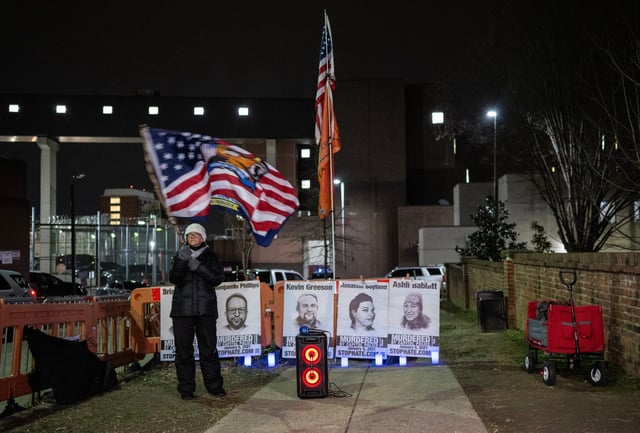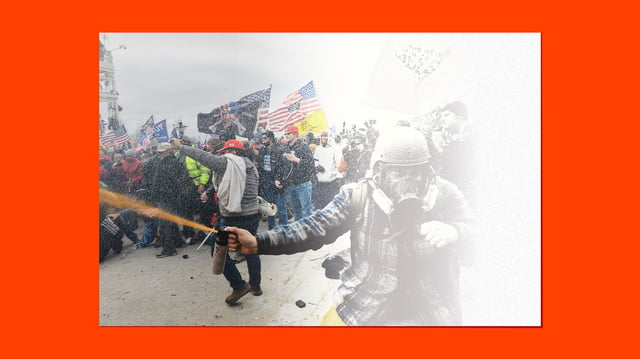Overview
- Donald Trump, following his 2024 presidential election victory, has reaffirmed his campaign promise to pardon individuals convicted for their roles in the January 6, 2021 Capitol attack.
- Over 1,400 people have faced charges related to the riot, with hundreds convicted of crimes ranging from misdemeanors to violent felonies, including assaults on law enforcement and seditious conspiracy.
- Critics warn that pardoning convicted individuals, particularly those with histories of violence, could embolden radicalized groups and pose risks to public safety.
- Supporters argue that some defendants faced disproportionate charges and sentences due to prosecutorial overreach, and that clemency could address perceived injustices in the legal process.
- Legal experts note that while the president's constitutional pardon power is broad and largely unchecked, its use in this context could have significant implications for national security and public trust in the justice system.


